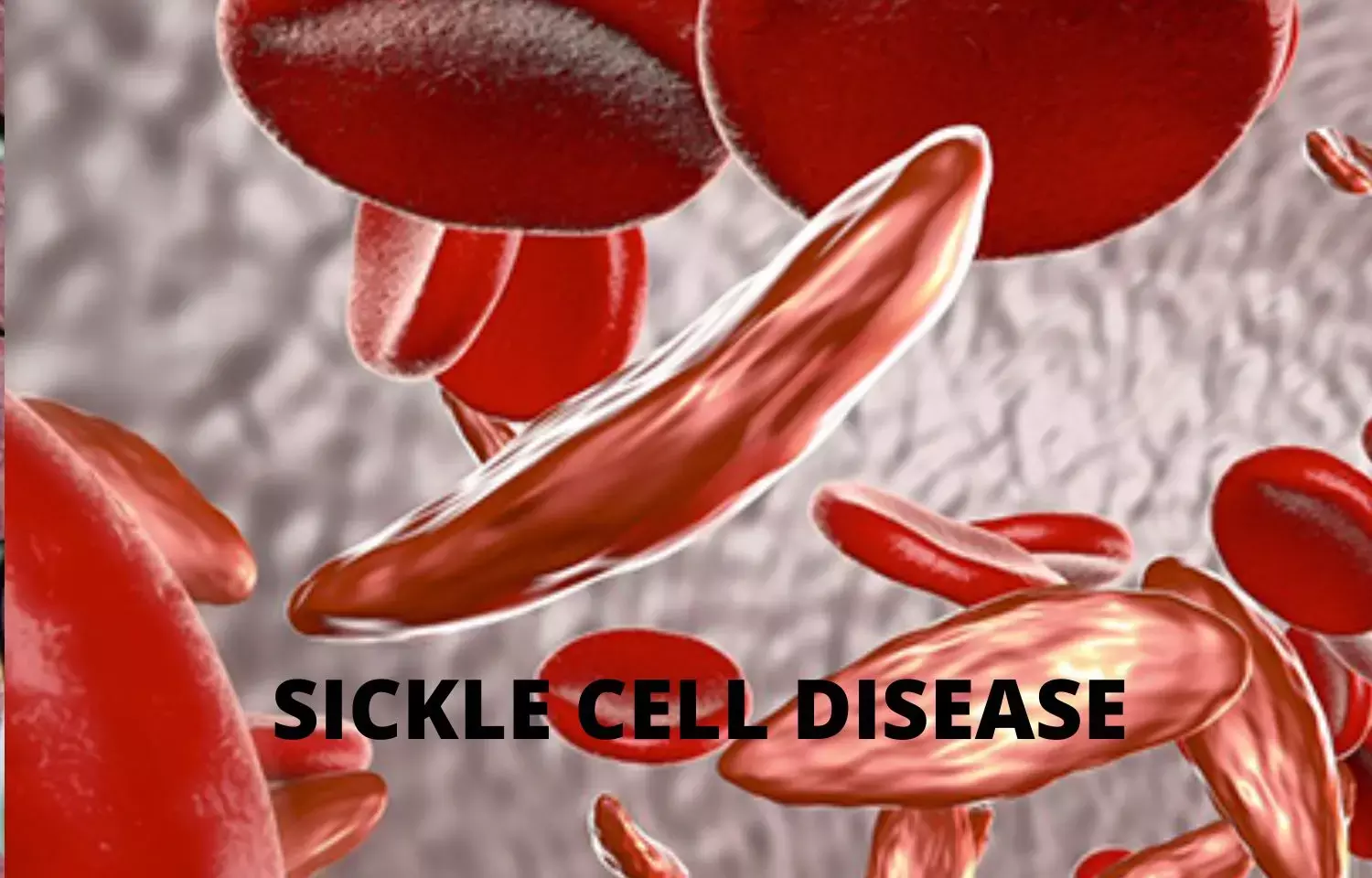- Home
- Medical news & Guidelines
- Anesthesiology
- Cardiology and CTVS
- Critical Care
- Dentistry
- Dermatology
- Diabetes and Endocrinology
- ENT
- Gastroenterology
- Medicine
- Nephrology
- Neurology
- Obstretics-Gynaecology
- Oncology
- Ophthalmology
- Orthopaedics
- Pediatrics-Neonatology
- Psychiatry
- Pulmonology
- Radiology
- Surgery
- Urology
- Laboratory Medicine
- Diet
- Nursing
- Paramedical
- Physiotherapy
- Health news
- Fact Check
- Bone Health Fact Check
- Brain Health Fact Check
- Cancer Related Fact Check
- Child Care Fact Check
- Dental and oral health fact check
- Diabetes and metabolic health fact check
- Diet and Nutrition Fact Check
- Eye and ENT Care Fact Check
- Fitness fact check
- Gut health fact check
- Heart health fact check
- Kidney health fact check
- Medical education fact check
- Men's health fact check
- Respiratory fact check
- Skin and hair care fact check
- Vaccine and Immunization fact check
- Women's health fact check
- AYUSH
- State News
- Andaman and Nicobar Islands
- Andhra Pradesh
- Arunachal Pradesh
- Assam
- Bihar
- Chandigarh
- Chattisgarh
- Dadra and Nagar Haveli
- Daman and Diu
- Delhi
- Goa
- Gujarat
- Haryana
- Himachal Pradesh
- Jammu & Kashmir
- Jharkhand
- Karnataka
- Kerala
- Ladakh
- Lakshadweep
- Madhya Pradesh
- Maharashtra
- Manipur
- Meghalaya
- Mizoram
- Nagaland
- Odisha
- Puducherry
- Punjab
- Rajasthan
- Sikkim
- Tamil Nadu
- Telangana
- Tripura
- Uttar Pradesh
- Uttrakhand
- West Bengal
- Medical Education
- Industry
Sickle cell disease: Ticagrelor fails to reduce vaso-occlusive crises in pediatric cases

USA: Ticagrelor is not efficient in preventing vaso-occlusive crises in pediatric patients with SCD, shows a phase 3, HESTIA3 study data published in the Blood journal.
Globally, sickle cell disease (SCD) is the most common genetic,multi-system blood disorder that a child is born with and requires comprehensive care. Every year, an average of 300,000 children are born with sickle syndromes. The sickling of red blood cells leads to hemolysis and vascular occlusion. Complications include hemolytic anemia, pain syndromes, and organ damage.
Ticagrelor, a reversible P2Y12 receptor antagonist, is an oral antiplatelet drug approved for the treatment of patients with acute coronary syndrome or a history of myocardial infarction. Considering the evidence demonstrating that ticagrelor has beneficial effects in the treatment of thrombotic conditions, clinical studies have been conducted to evaluate the use of this drug for the treatment of SCD with the hope that it will reduce the frequency of blood vessel blockages.
Heeney MM, Harvard Medical School, Boston, USA, and colleagues conducted a study to assess the efficacy and safety of the ticagrelor versus placebo in preventing vaso-occlusive crises in pediatric patients with sickle cell disease (SCD).
Researchers enrolled 193 patients(aged 2 to 17 years) and randomly assigned them 1:1 to weight-based doses of ticagrelor (N = 101) or matching placebo(N = 92) at 53 sites across 16 countries.The primary endpoint was set as the rate of vaso-occlusive crises, a composite of painful crises and/or acute chest syndrome (ACS). Key secondary endpoints included the number and duration of painful crises, number of ACS events, and number of vaso-occlusive crises requiring hospitalization or emergency department visits. Exploratory endpoints included the effect of ticagrelor on platelet activation. Unfortunately,the study was terminated 4 months before planned completion due to lack of efficacy. The median ticagrelor exposure duration was 296.5 days.
Key findings of the trial,
• The primary endpoint was not met: the estimated yearly incidence of vaso-occlusive crises was 2.74 in the ticagrelor group and 2.60 in the placebo group.
• There was no evidence of efficacy for ticagrelor versus placebo across secondary endpoints.
• Median platelet inhibition with ticagrelor at 6 months was 34.9% at pre-dose and 55.7% at 2 hours post-dose.
• 9% in the ticagrelor group and 9% in the placebo group had at least one bleeding event.
The authors conclude that there was no reduction in the rate of vaso-occlusive crises with ticagrelor versus placebo in pediatric patients with SCD. Thus, ticagrelor is not recommended in pediatric patients with SCD for the prevention of vaso-occlusive crises.
Reference:
Heeney MM, Abboud MR, Githanga J, Inusa BP, Kanter J, Michelson AD, Nduba V, Musiime V, Apte M, Inati A, Taksande AM, Andersson M, Åstrand M, Maklad N, Niazi M, Himmelmann A, Berggren AR. Ticagrelor versus placebo for the reduction of vaso-occlusive crises in pediatric sickle cell disease: the HESTIA3 study. Blood. 2022 Jul 18:blood.2021014095. doi: 10.1182/blood.2021014095..
BDS
Dr. Hiral patel (BDS) has completed BDS from Gujarat University, Baroda. She has worked in private dental steup for 8years and is currently a consulting general dentist in mumbai. She has recently completed her advanced PG diploma in clinical research and pharmacovigilance. She is passionate about writing and loves to read, analyses and write informative medical content for readers. She can be contacted at editorial@medicaldialogues.in.
Dr Kamal Kant Kohli-MBBS, DTCD- a chest specialist with more than 30 years of practice and a flair for writing clinical articles, Dr Kamal Kant Kohli joined Medical Dialogues as a Chief Editor of Medical News. Besides writing articles, as an editor, he proofreads and verifies all the medical content published on Medical Dialogues including those coming from journals, studies,medical conferences,guidelines etc. Email: drkohli@medicaldialogues.in. Contact no. 011-43720751


